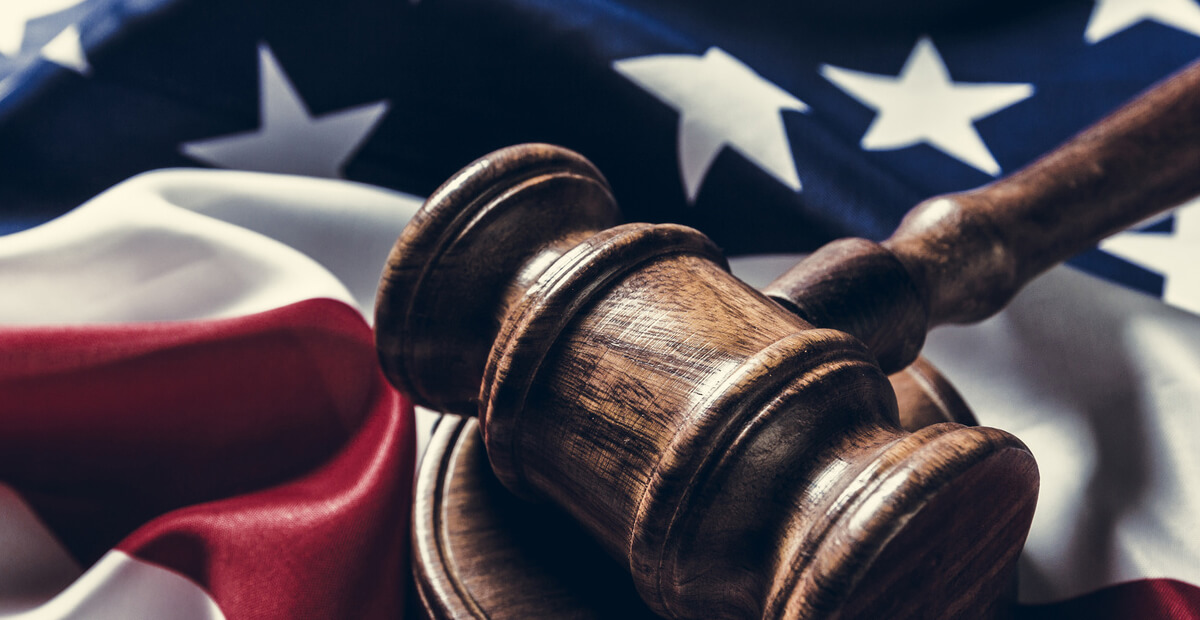The House has passed The Build Back Better Act; this large bill covers huge areas of President Biden’s domestic agenda including paid family leave, various tax credits and some immigration changes are included. Although not as extensive as the prior budget initiative that did not pass the Senate, the immigration provisions of the Act could have substantial impacts for many intending immigrants. Including a huge boost for DACA recipients and “dreamers”, as well as the roughly 6 million individuals waiting in line for a family or employment-based green card. Listed below are the key immigration provisions of the Act as passed by the House.
Travel authorization and work permits for long term resident aliens without status.
The Act includes the ability to apply for parole for individuals who have entered the United States before January 1, 2011, and have remained in the country. While parole is not a status, it would provide protections for individuals without status and allow them to travel outside of the Country. In addition, these parolees would be able to apply for work authorization. The Build Back Better Act provides for parole in 5-year increments to eligible aliens.
Overhaul of the immigrant visa system.
The current system of visa numbers, as created by the Immigration Act of 1990, has led to numerous criticisms regarding the application of the annual quota of immigrant visas given the extreme demand for visas and the waste of visa numbers due to inefficiencies in the system. Each year thousands of available immigrant visas remain unused due to processing delays and reporting difficulties. The Build Back Better Act will allow unused employment-based immigrant visa numbers to be reused in the following fiscal year along with any remaining family-based immigrant visas. The Act even goes further to recapture unused immigrant visas from the 1990 Act onwards, which could be up close to 450,000 immigrant visas, which could immediately address some of the extreme backlogs for oversubscribed areas.
Fixing the green card lottery.
The new Act will address major issues with the Diversity Lottery system that was hampered by the Trump administration and the COVID-19 pandemic. Thousands of DV lottery winners were denied their chance to apply for a green card due to delayed processing and embassy closures. There have been numerous lawsuits against the Department of State by classes of immigrants relating to the DV program. The Act will allow DV winners from 2017 to 2022 to reapply for entry. In addition, individuals affected by the Trump administration’s so-called “Muslim Ban” will also be given the chance to apply again.
Lawful Presence for Individuals waiting for an Immigrant Visa
Backlogs for certain categories of immigrant visas are extensive and individuals waiting for their priority date (date their application was filed, in most cases) currently have to wait outside the country or in an independent nonimmigrant status until they can apply for an immigrant visa or adjust their status to permanent resident. The Act allows those individuals with pending matters to apply for legal permanent resident status even if they are waiting their turn in line. This will provide for a lawful status and employment authorization while waiting their turn in line, along with their family members, who would be required to pay an additional fee. Further, an expedite route is laid out to provide for a fast track to permanent residence for individuals who have waited for over two years. Costs are high for this potential expedite path: $2,500 for family-based applicants, $5,000 for employment-based applicants, and $50,000 for EB-5 immigrant investors.







